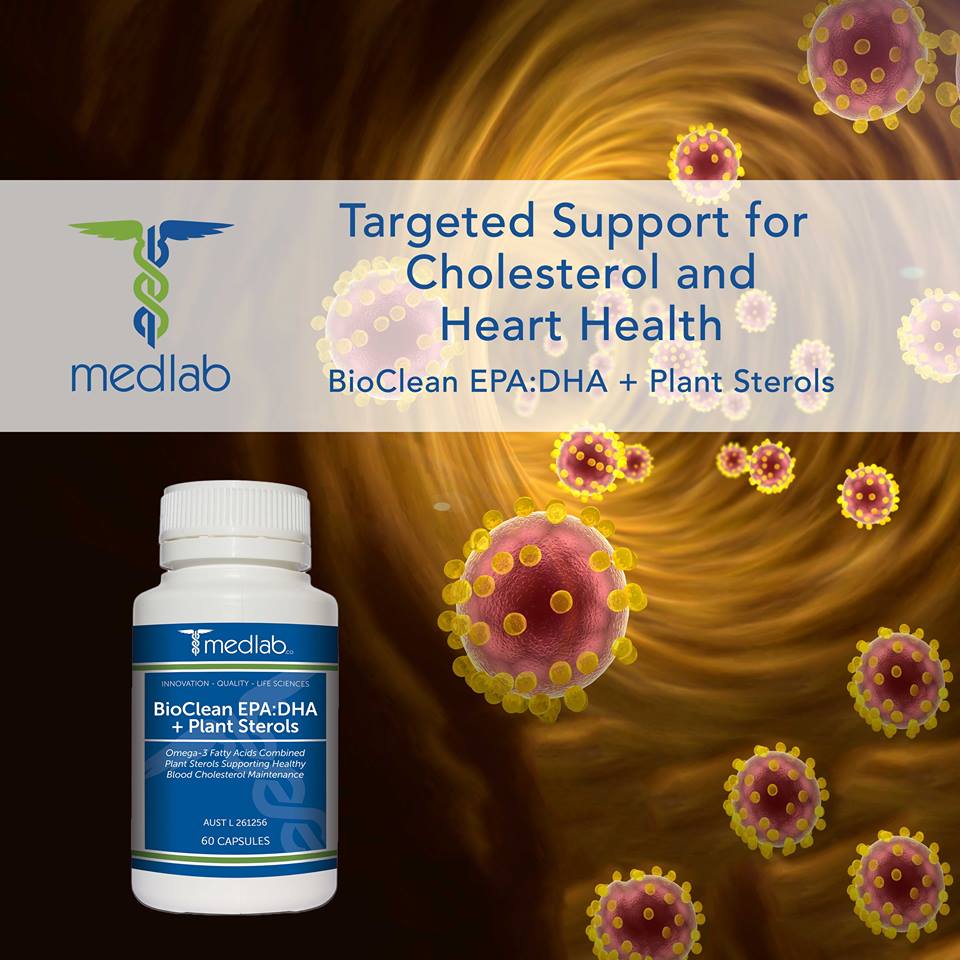Marilyn Lemaire (Master Herbalist)
Phytosterols are compounds that have a similar chemical structure to cholesterol. They are found in significant doses in vegetable oils such wheat germ oil, peanut oil, sesame oil, corn oil, almond oil and olive oil. They are also found in in smaller amounts in vegetables and fruits.
Phytosterols have the ability to inhibit cholesterol being absorbed from the digestive system into the blood stream. It is believed that phytosterols compete with cholesterol for absorption into our system. If phytosterols are consumed from our diet in sufficiently high quantities they will significantly lower the absorption of cholesterol into the blood stream. Instead of being absorbed into our system the excess cholesterol will pass out of our body with other bowel wastes.
There are several studies that confirm that lowering LDL cholesterol is important to 
- Lifestyle – that is a daily routine with movement and exercise
- Diet high in vegetables, fruit, fibre, healthy protein and minimal processed food
- Dietary supplements that support nutritional needs.
When taken as a supplement, phytosterols are shown to effectively reduce LDL cholesterol. Studies have shown that phytosterols can increase the elimination of cholesterol by 30-40%. This is important for all general health but especially important for Cardiac health and lowering the risk factors for Coronary heart disease.
Th
- People at risk of Cardio Vascular Disease benefit for a diet high in plant foods with phytosterols
- These individuals should consume 2 – 3 g/day of phytosterols
- They recommend as well a eating pattern that is rich in fish, wholegrains, fruit and vegetables.
We recommend a supplement designed by MedLab an innovative company from Sydney that has fish oils combined with phytosterols.
Please chat with any of our practitioners for further information.
References
Oates, L. (2009). Phytosterols and cholesterol. Journal of Complementary Medicine: CM, the, 8(5), 36-40.
Ostlund Jr, R. E. (2007). Phytosterols, cholesterol absorption and healthy diets. Lipids,doi:10.1007/s11745-006-3001-9
